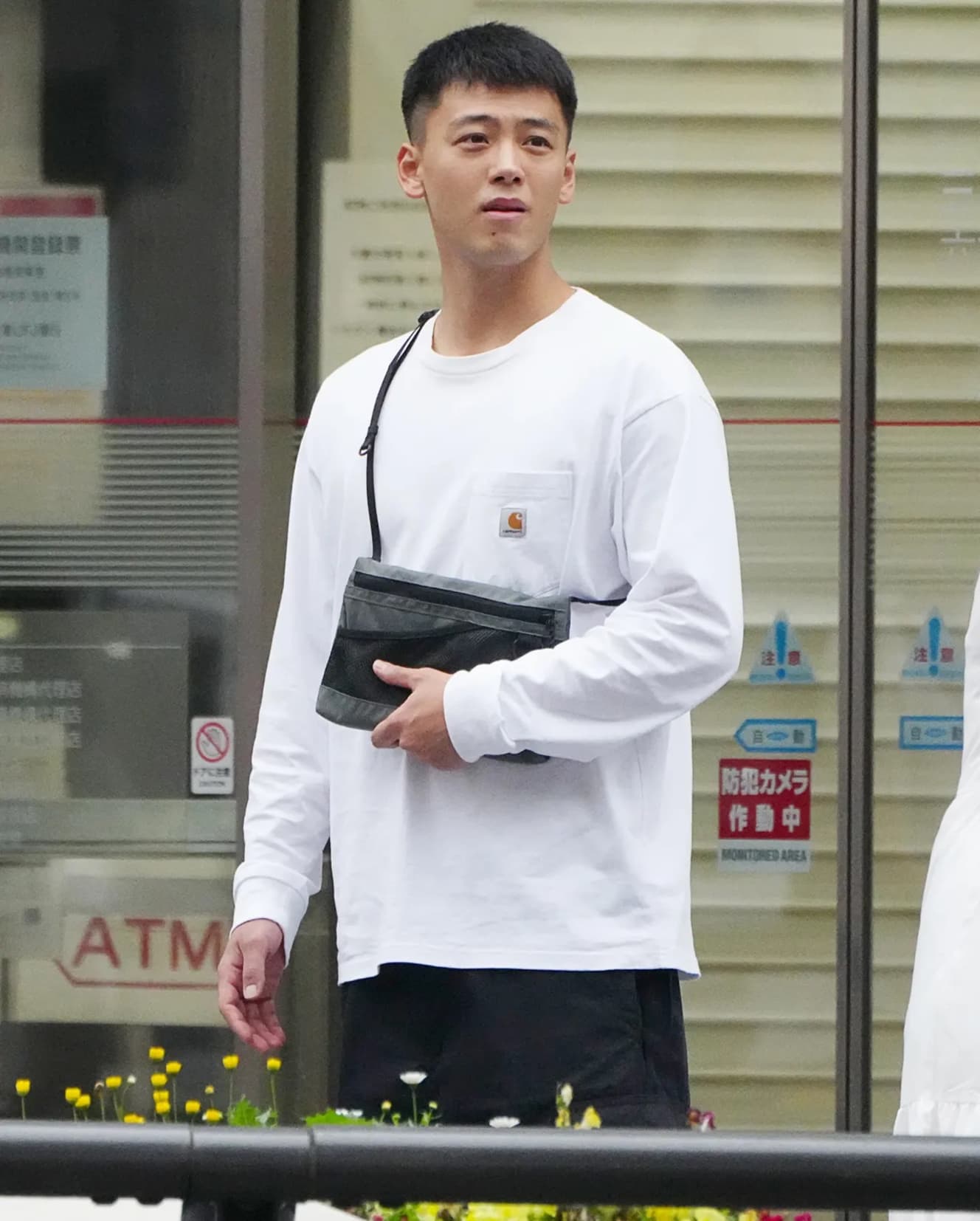Roppongi Class” and more… Why entertainment agencies are shying away from remake dramas
Serials: The Staff Saw It! Inside story of Television
The ratings for “Roppongi Class” (TV Asahi), the Japanese remake of the Korean drama “Itaewon Class,” have been steadily increasing for five consecutive weeks. The eighth episode marked 10.0%, the first double-digit figure, and is attracting a lot of attention.

Immediately after the broadcast, “Roppongi Class” was unpopular because it was cheesy compared to the original version, but it seems to be popular among those who have not seen the original, and an increasing number of viewers are getting hooked on the tongue-in-cheek revenge drama,” said a TV magazine editor.
In the past few years, remakes of foreign productions, especially Korean dramas, have been on the rise in Japanese drama productions. A producer at a key station points out that there is a “lack of original works” behind this trend.
The popularity of remakes is partly due to the fact that foreign dramas have become popular in Japan as video distribution services have taken root, but it is also due to a lack of original works. All stations are focusing on dramas that can be easily monetized through distribution, so the number of slots is increasing, but sponsors are not convinced unless the work can be expected to generate a certain number of viewers.
Since original works cannot be planned except by a few big-name scriptwriters, copyrights for popular manga and novels are in a battle for the rights. Recently, there has been a movement to dramatize web manga, but even so, there are not enough original works to go around, so remakes of foreign works are on the rise.”
This is a bitter pill to swallow, so to speak, but a senior executive at an entertainment company laughs wryly, “Since there are few successful examples of overseas remakes, the truth is that they don’t want to put talent on the stage.
However, a senior executive at an entertainment company laughs, “There have been very few successful foreign remakes, so they really don’t want to put their talents in the spotlight. It is impossible to create a sense of scale like that of foreign dramas. Roppongi Class” was filmed in and around TV Asahi’s offices. 24 JAPAN,” which was also produced by TV Asahi, was so cheap that it was not even talked about.
The actors are bashed because they are compared to the original version, which is more of a disadvantage from the entertainment industry’s point of view. The only advantage is that it is easier to create roles.
In other words, for a remake of a foreign drama to succeed, it is essential to choose a production that does not require extensive filming on location.
Although it struggled in terms of viewer ratings, in recent years, “Knowing Wife” (Fuji TV) received high acclaim.’ My Boss My☆Hero” (NTV), starring Tomoya Nagase, aired in 2006, is a good example of how changing the violent parts of the original to comedic colors brought out a uniquely Japanese sense of fun. A prerequisite for success is to show respect for the original drama, including casting. If you cut corners, you will be bashed heavily by fans of the original.
Still, an advertising agency director predicts that “the number of foreign remakes will increase more and more in the future.
“TBS is Netflix and jointly distribute dramas. An increasing number of foreign-capitalized video distribution media stations are distributing their productions worldwide. Since they can expect to attract overseas viewers, popular productions are being fought over,” he said. The reason why overseas remakes of Japanese dramas are hits but not vice versa is probably due to differences in production capabilities. Even if the ingredients are first-rate, good food cannot be produced if the cooks are third-rate.
If you “look at the trees and don’t see the forest,” you cannot hope for a super hit with your remake.
From the September 16, 2022 issue of FRIDAY
PHOTO.: Yusuke Kondo